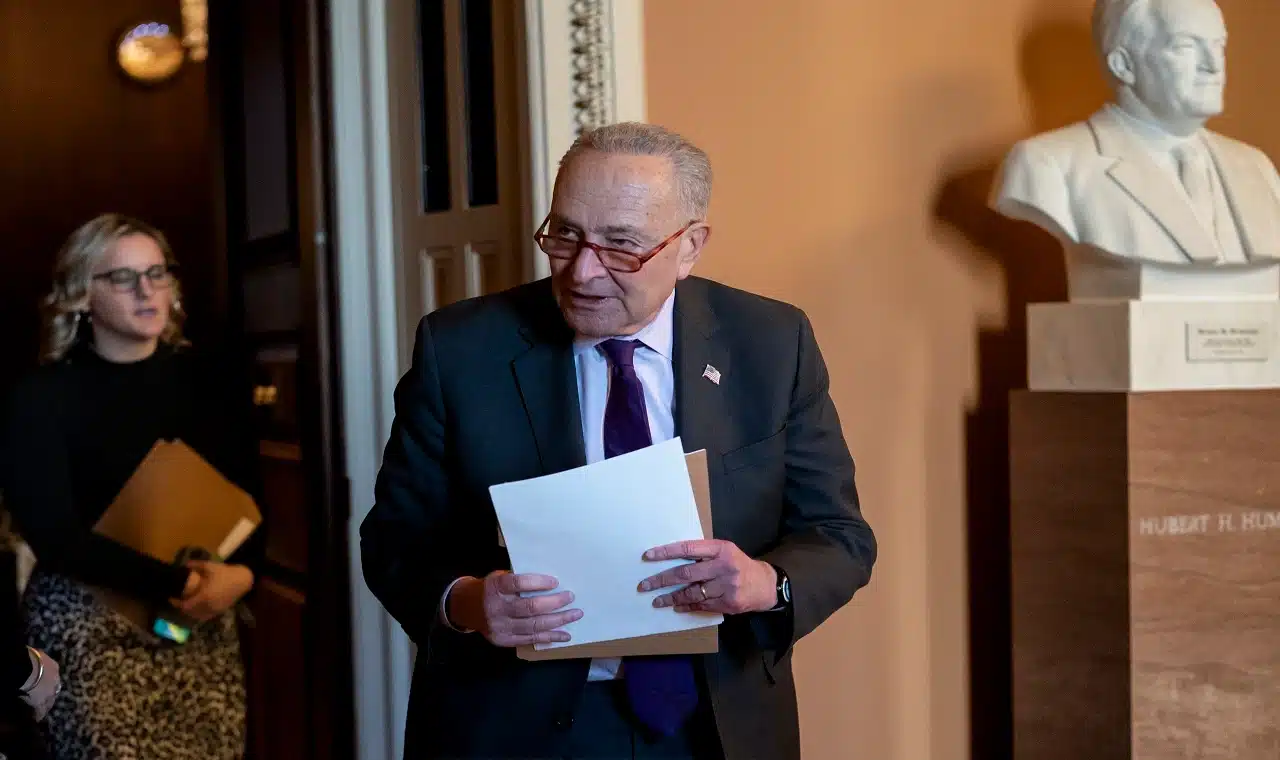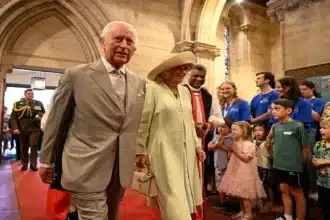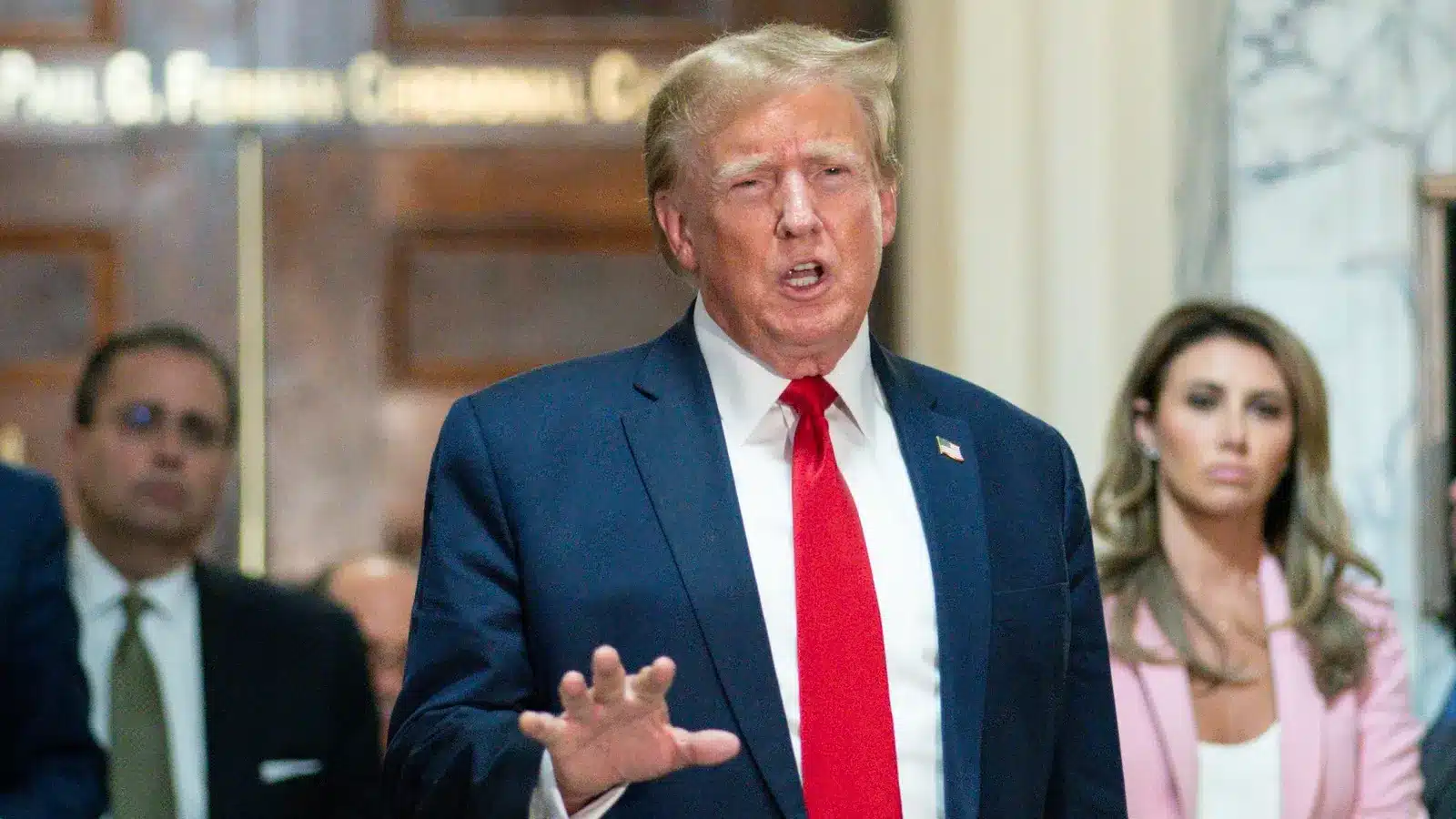In Washington, a critical negotiation is on the horizon as President Joe Biden prepares to host a meeting with the top congressional leaders this Tuesday, aiming to prevent a potential partial government shutdown. With the clock ticking towards a deadline late Friday, funding for vital departments including Agriculture, Energy, Housing and Urban Development, Transportation, and Veterans Affairs is at risk. The financial lifeline for other significant departments such as Defense, State, and Justice faces a similar threat, with their funding due to expire a week later, on March 8.
Senate Majority Leader Chuck Schumer, D-N.Y., has sounded the alarm, highlighting the imminent threat of a partial government shutdown on March 1. Schumer’s concerns, articulated in a letter to his colleagues, underscore the severe implications such a shutdown would entail, including jeopardizing the economy, elevating costs, diminishing safety, and inflicting considerable distress on Americans.
Also Read-Historic Eiffel Tower Reopens After Strike Closure.
The potential shutdown could disrupt critical services and programs, Schumer warns. The closure of the Agriculture Department, for instance, would compromise essential food aid for women and children and obstruct loans for farmers. Similarly, halting the Transportation Department’s operations could lead to increased travel delays and compromised safety, freezing the training of air traffic controllers and ceasing investigations.
A key issue contributing to the deadlock is the insistence of House conservatives for Speaker Mike Johnson, R-La., to append various conservative policy riders to the spending bills, a move expected to face rejection from the Democratic-led Senate. In response, Johnson has accused Schumer of engaging in “petty politics,” arguing that the delay is partly due to last-minute “Democrat demands” not previously included in the Senate’s funding proposals.
Johnson maintains that the House has been diligently working to forge a compromise with the Senate ahead of the impending deadline, despite Schumer’s critical rhetoric. The situation is further complicated by the congressional calendar, with Senators returning to Washington on Monday, but House members not scheduled to return until Wednesday evening. This scheduling crunch significantly narrows the window for passing the necessary funding bills, likely necessitating another stopgap funding measure, known as a continuing resolution (CR), to keep the government operational past Friday.
Also read-Insider Trading Case in Texas Highlights Risks in Work-From-Home Era
Amid these challenges, Biden’s forthcoming meeting with Schumer, Johnson, Senate Minority Leader Mitch McConnell, R-Ky., and House Minority Leader Hakeem Jeffries, D-N.Y., takes on added significance. The agenda will focus on averting the shutdown and advancing a national security package that includes crucial military aid for allies such as Ukraine, Israel, and Taiwan.
The meeting follows Schumer’s recent visit with Ukrainian President Volodymyr Zelenskyy in Lviv, after which Schumer pressed Johnson to prioritize the Senate-passed foreign aid legislation, warning of the strategic consequences should aid be delayed. However, Johnson and other conservatives have linked further aid to Ukraine with demands for enhanced border security with Mexico, insisting on the incorporation of stricter border policies alongside foreign assistance.
As the deadline looms, the negotiations present a critical test for bipartisan cooperation, with the welfare of the American people and the nation’s strategic interests hanging in the balance. The outcome of Tuesday’s meeting could define the immediate future of U.S. governance and its role on the global stage, underscoring the urgent need for decisive action and compromise amidst these challenging times.



